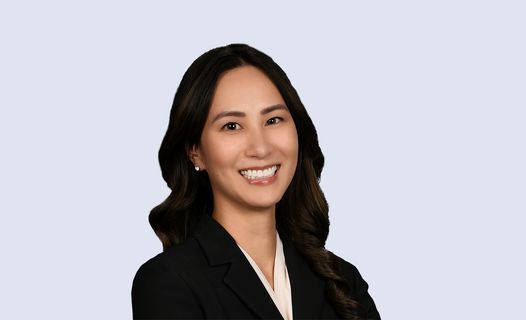The Department of State is planning to expand its oversight of all visa holders in the US, estimated at approximately 55 million foreign nationals, through a system known as “continuous vetting.” The program, announced late last month, will involve ongoing reviews of all foreign nationals for their continued eligibility to stay in the United States and for potential violations of the terms and conditions of their status. The initiative represents a significant shift from periodic, application-based reviews to a model of real-time, continuous monitoring. For employers that rely on foreign talent, this change carries both practical and strategic implications. What do you need to understand about continuous vetting and how can you prepare for its effects?
What Does “Continuous Vetting” Entail?
The State Department has stated that all US visa holders are now subject to “continuous vetting,” which will focus on whether the individual:
- Overstayed the authorized visa period
- Engaged in criminal activity
- Made threats to public safety
- Has been involved in or provided support to terrorist activity or organizations
To carry this out, the government announced it will draw on a wide range of data sources, including law enforcement databases, immigration records, and potentially other federal and international intelligence-sharing arrangements. This means that information that might previously have surfaced only during a visa renewal or consular interview could now trigger immediate review.
What Does This Mean for Visa Holders – and Employers?
Violations could result in:
- Visa revocation for individuals outside of the United States
- Deportation for those physically present in the United States
In practical terms, a foreign national could face consequences without ever submitting a new application, and often without warning. Because this vetting is ongoing, even long-time employees with previously clean immigration histories may face heightened scrutiny.
What Employers Might Expect
The State Department’s expanded vetting could ripple across many aspects of workforce management. Employers may encounter:
- Increased Requests for Evidence (RFEs): USCIS or consulates may more frequently issue RFEs when records suggest possible inconsistencies.
- Delays in adjudications: Even cases filed with premium processing – such as H-1B or L-1 extensions – could stall if security checks are triggered.
- Heightened risks for international travel: Employees traveling abroad could find their visas revoked or delayed if vetting flags concerns, leading to unexpected absences.
- Expanded investigations: Certain employees may be subject to deeper security reviews that prolong processing, even if they have lived and worked in the US for many years.
What Employers Should Do
Employers can mitigate these risks through a few best practices.
- Initiate employer-sponsored immigration matters well in advance. File extensions, amendments, and green card applications well in advance to allow time for additional vetting delays.
- Prepare employees for travel risks. Advise your visa-dependent workers to expect possible delays or revocations when traveling abroad and to carry thorough documentation of employment and immigration status.
- Work with legal counsel to develop best practices and tips for visa-dependent employees traveling internationally, with the goal of identifying risks and encouraging proper completion of visa applications.
Conclusion
For questions about how these developments may affect your workplace, contact your Fisher Phillips attorney, the authors of this Insight, or any member of our Immigration Practice Group. For emergencies, reach our Employers’ Rapid Response Team at 877-483-7781 or DHSRaid@fisherphillips.com. Make sure you are subscribed to Fisher Phillips’ Insight System to get the most up-to-date information.



